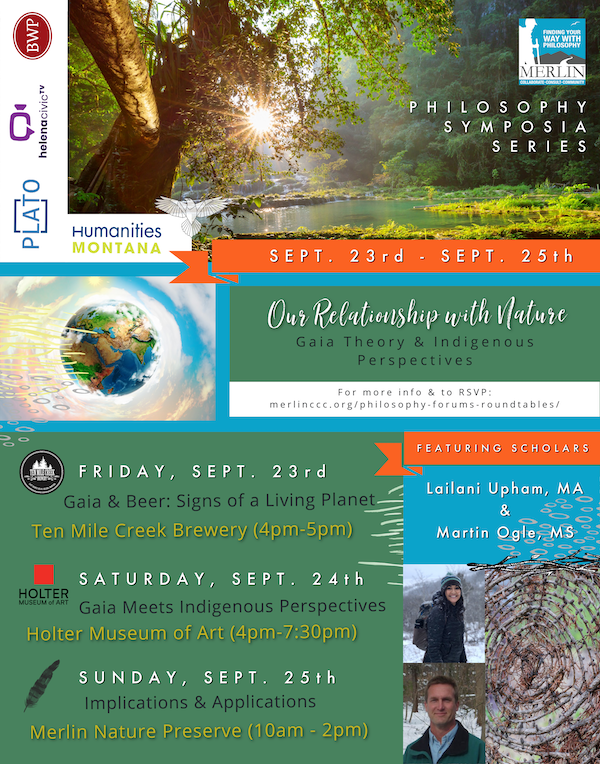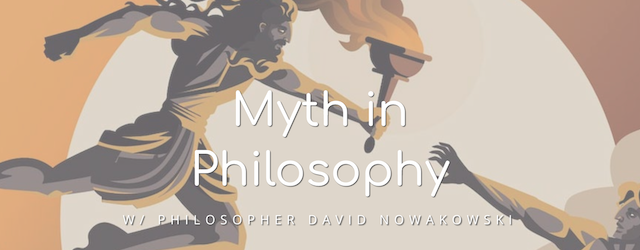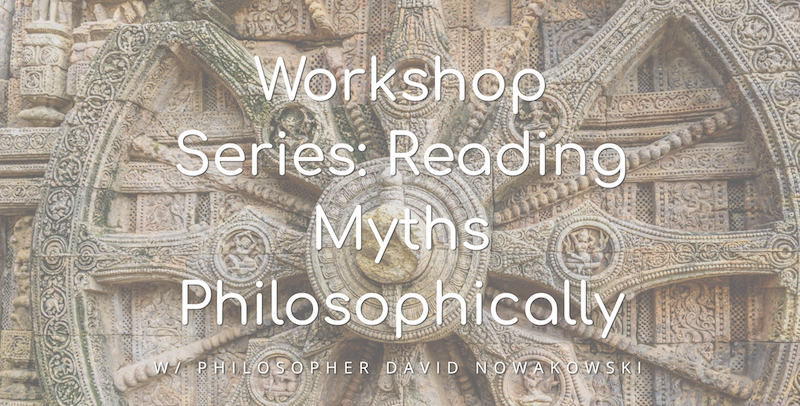Philosophy Symposia: Our Relationship with Nature (Gaia & Indigenous Perspectives)
Our Fall symposia will focus on our relationship with nature. Conversational & interactive in format, scholars will consider Gaia Theory & Indigenous perspectives and involve discussions and reflections about the inter-connectivity of earth (and its inhabitants), mythology, science, literature, and ethics. Friday, September 23rd – Sunday, September 25th. Featuring guest scholars Martin Ogle, MS (Educator, Wildlife Scientist & Chief Naturalist Emeritus for the Northern Virginia Regional Park Authority) & Lailani Upham, MA (Educator, Journalist, Storyteller, Environmentalist, Amskapi Pikuni (Blackfeet Nation) tribal member, and a descendent from the Aaniiih, Nakoda, and Dakota tribes).



